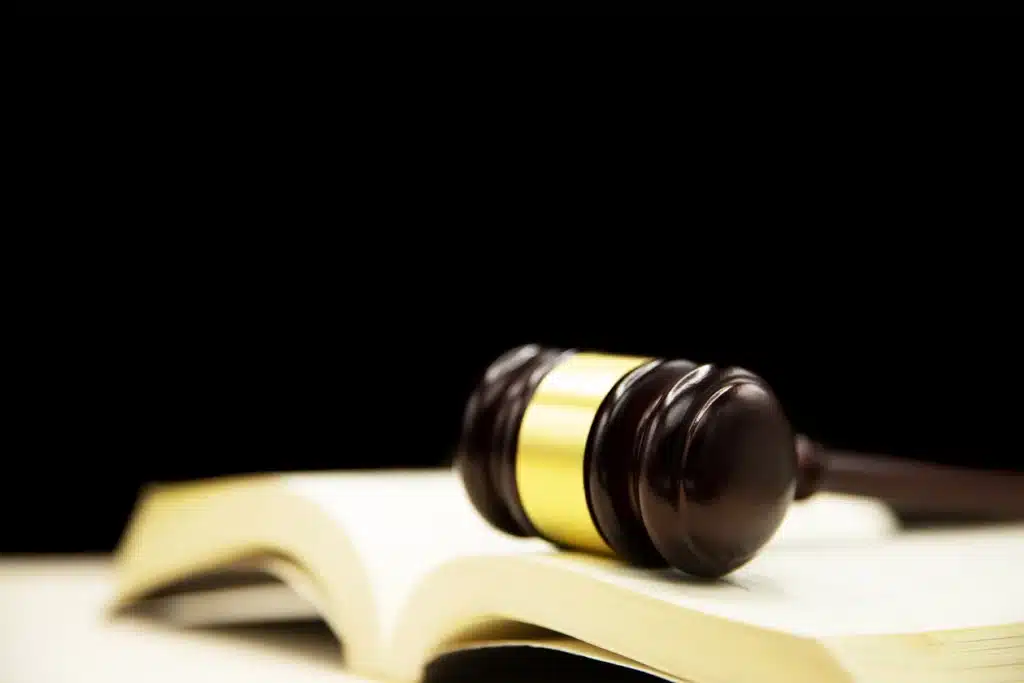What Are the Differences Between Pardon, Amnesty, Abolition, and Rehabilitation?

In recent times, the terms abolition, amnesty, pardon, and rehabilitation have resurfaced in public discourse, particularly following several high-profile political cases involving national figures. These four terms are often mentioned together and are even mistakenly considered similar, whereas each carries distinct meanings and legal consequences. This article unpacks their definitions, differences, and concrete examples.
Four Legal Terms That Appear Similar, but Are Not the Same
In Indonesian constitutional practice, the terms abolition, amnesty, pardon, and rehabilitation frequently appear, particularly when the President exercises his prerogative powers. While all four are legal instruments delegated to the President, their scope and purpose differ significantly.
Many assume these terms are similar. However, the differences are fundamental, concerning the timing of their implementation, the conditions that must be met, and the resulting legal consequences.
Legal Basis
The legal basis for abolition, amnesty, pardon, and rehabilitation is provided under Article 14 of the 1945 Constitution of the Republic of Indonesia (Undang-Undang Dasar 1945, “UUD 1945”). This article affirms that the President holds the prerogative to grant pardon and rehabilitation upon the consideration of the Supreme Court1, as well as amnesty and abolition upon the consideration of the House of Representatives (Dewan Perwakilan Rakyat, “DPR”).2 In other words, while these are special presidential powers, their implementation remains within the framework of law and constitutional procedures.
Beyond the Constitution, there are specific regulations that further define the terms and their mechanisms. For instance, Law Number 22 of 2002 on Pardon, as amended by Law Number 5 of 2010, governs the procedure for pardon applications by convicted persons. Meanwhile, the Indonesian Criminal Procedure Code (Kitab Undang-Undang Hukum Acara Pidana, “KUHAP”) serves as the primary legal basis for rehabilitation, particularly Articles 97–98, which grant individuals the right to restore their good name following an acquittal or dismissal of charges.

Read more: Execution is
Differences Between Pardon, Amnesty, Abolition, and Rehabilitation
Below is a breakdown of the differences among the four terms:
- Pardon
A pardon is a form of clemency granted by the President to an individual who has been convicted through a final and binding court decision. A pardon may take the form of a reduction, modification, or annulment of a sentence.Example: a death-row inmate receives a commutation to life imprisonment.
- Amnesty
Unlike a pardon, which is individual, amnesty is generally applied collectively and often driven by political considerations. The President grants amnesty to annul criminal penalties for specific offenses, typically related to political crimes or granted under special national circumstances.Example: amnesty for political activists or former political prisoners as part of national reconciliation.
- Abolition
While amnesty addresses criminal penalties, abolition is a form of clemency that terminates criminal prosecution before a court issues its verdict. In other words, a person under ongoing legal proceedings may be released from liability if the President grants abolition.Example: termination of criminal prosecution against a political figure in a particular case.
- Rehabilitation
Unlike the previous three types, rehabilitation is not a form of presidential clemency but rather an individual’s right to have their dignity, honor, and reputation restored. Rehabilitation is granted when a person has been accused of a crime but is later found not guilty, such as through an acquittal.Example: a defendant acquitted of charges may request rehabilitation to restore their good name.
For ease of comparison, the following table summarizes their differences:
| Term | Definition | Legal Basis | Timing of Application |
| Pardon | Clemency in the form of sentence reduction, modification, or annulment | Law 22/2002, Supreme Court Consideration | After a final and binding court decision |
| Amnesty | Annulment of criminal penalties, usually for political crimes | Article 14(2) UUD 1945, DPR consideration | After conviction, usually in political contexts |
| Abolition | The termination of prosecution before a court verdict | Article 14(2) UUD 1945, DPR consideration | During ongoing legal proceedings |
| Rehabilitation | Restoration of dignity and reputation after being declared not guilty | KUHAP Articles 97–98, Supreme Court Consideration | After acquittal or dismissal of charges |
Understanding the differences between pardon, amnesty, abolition, and rehabilitation is essential, not only for legal practitioners but also for the general public to avoid misinterpretion of each term.
For further consultations regarding criminal law and constitutional issues, please do not hesitate to contact ADCO Law. Our team is ready to provide comprehensive and reliable legal solutions.
***
About ADCO Law:
ADCO Law is a law firm that offers clients a wide range of integrated legal services, including commercial transactions and corporate disputes in a variety of industry sectors. Over the course of more than a decade, we have grown to understand our clients’ industries and businesses as well as the regulatory aspects. In dealing with business dynamics, we provide comprehensive, solid legal advice and solutions to minimize legal and business risks.
From Upstream to Downstream, We Understand Your Industry. In complex transactions and certain cases, we actively engage with financial, tax, and environmental specialists, accountants, and law firms from various jurisdictions to add value to our clients. Our strong relationships with Government agencies, regulators, associations, and industry stakeholders ensure that our firm has a holistic view of legal matters.
ADCO Law is a Proud Member of the Alliott Global Alliance (AGA) in Indonesia. Founded in 1979, AGA is one of the largest and fastest-growing global multidisciplinary alliances, with 215 member firms in 95 countries. As a law firm, we also believe in regeneration. To stay abreast of business changes and stay relevant, our formation of lawyers is comprised of the top graduates from Indonesian and international law schools.

